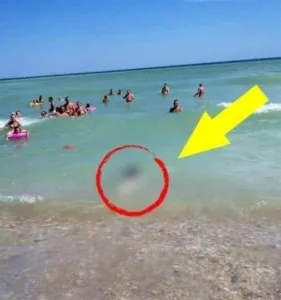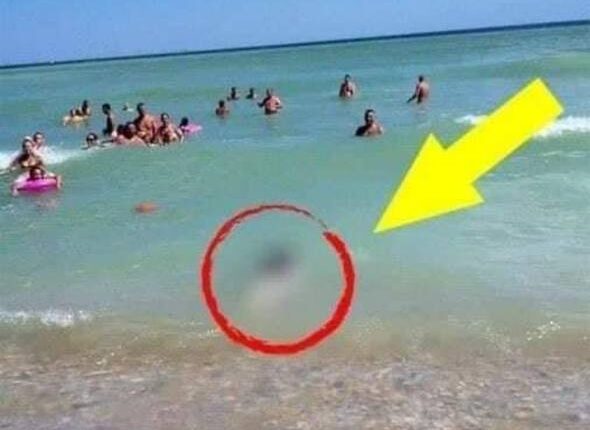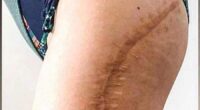Tourists on the Romanian coast were shocked to see a wounded dolphin washed ashore. Despite efforts to save it, the dolphin, identified…
Tourists on the Romanian coast were shocked to see a wounded dolphin washed ashore. Despite efforts to save it, the dolphin, identified as a Delphinus delphis, did not survive. Experts believe the injuries were caused by fishing nets. The Black Sea hosts three marine mammal species: the common dolphin (Delphinus delphis ponticus), the bottlenose dolphin (Tursiops truncatus ponticus), and the harbor porpoise (Phocoena phocoena relicta).

These species differ in anatomy and diet. Bottlenose dolphins and harbor porpoises feed on fish and benthic organisms near the coast, while common dolphins prefer offshore areas, eating fish in the water column. Common dolphins have bluish-gray to brown dorsal sides, light V-shaped lateral boundaries, and black to gray-brown fins. They are born at 0.80-0.95 meters and do not exceed 2 meters in the Black Sea. Sensitive to pollution, they swim in groups of 10-15, reaching speeds of 50 km/h. They dive briefly and surface often. Sexual maturity is reached at two years, with a 10-month gestation and a lifespan of 25-30 years. Their diet includes small pelagic fish and crustaceans, consuming around 10 kg daily.



